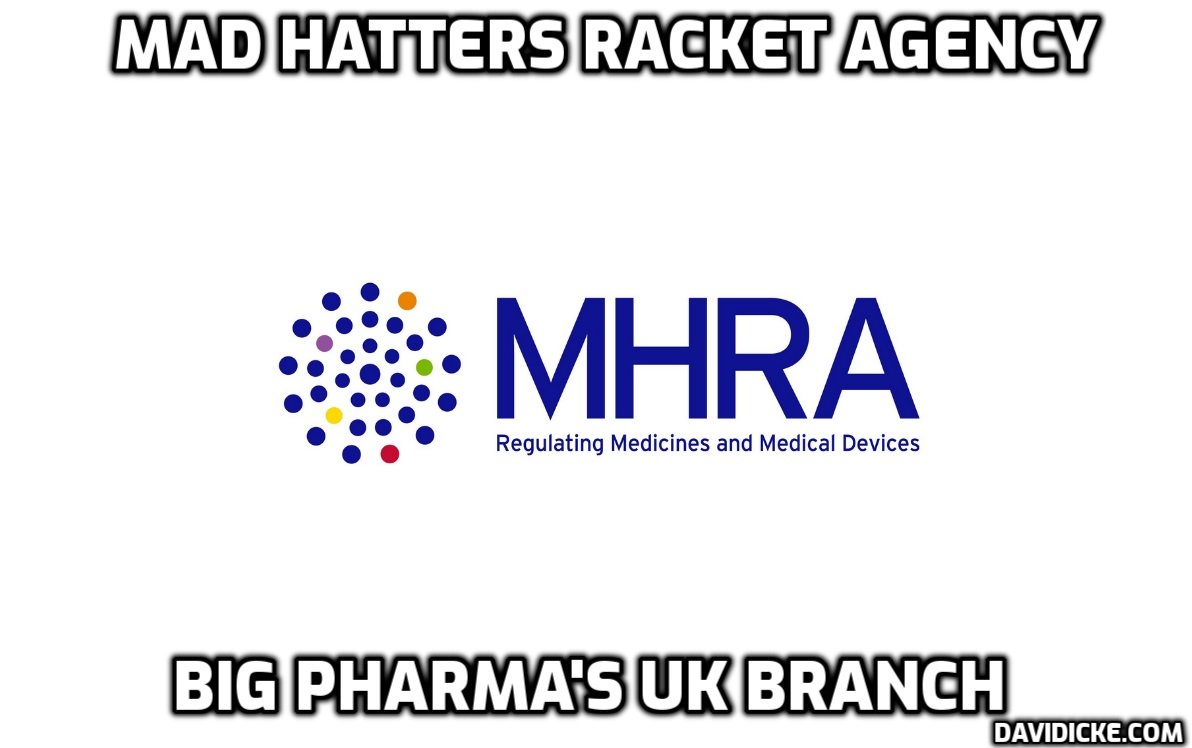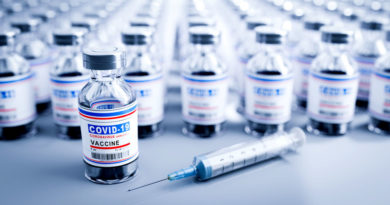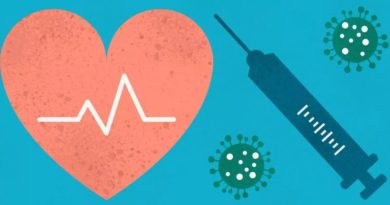MHRA Finally Admits it Failed to Test the Safety of Mass Manufactured ‘Covid’ Fake Vaccine Batches

On December 8th 2020, June Raine, Head of the MHRA, assured us all that “no corners have been cut” when the Government gave Temporary Authorisation to the Pfizer Covid vaccine. Based on the evidence from another of my FOIs to MHRA, it’s hard to see how that was an honest statement.
Before I go on, a bit of background. Most development trials in any sector use a product made using small-scale manufacturing facilities or a lab. You don’t want to invest in mass production (new machines and tooling and maybe a new factory) until you’ve got confidence in the design. On the other hand, scaling up production creates new risks. It’s a huge subject but to keep it simple just imagine scaling up from making a dozen cup cakes in your kitchen to producing thousands to sell in the shops. You’d encounter massive problems obtaining, measuring and mixing the large amounts of ingredients. They might have to come from multiple sources and you’d have to assure yourself they were equivalent. Mixing large amounts homogeneously in large vats is harder than in a pudding bowl and cooking them in your kitchen oven. You might have to change the actual production process and even add or substitute new ingredients. There’s a high risk that you’ll end up with ‘different’ cup cakes. So unless you compare test results from the first full production batch with the results from the cup cakes you made in your kitchen, you are flying blind.
For medicines, you’ll be relieved to know that there are strict regulations governing this scaling-up process. For example, here is one relevant document from the European Medicines Agency.
I became aware in 2022 of the potential ‘bait and switch’ issue with the Pfizer Covid vaccine – the suspicion that in December 2020 the MHRA approved a vaccine (made by ‘Process 2’) different to that tested in Pfizer’s clinical trials (made by ‘Process 1’) without any comparative data. Here is one example, by Josh Guetzkow, an Israeli academic, which drew on FOIs in other countries and the release of Pfizer documents enforced by the U.S. courts.
But one thing bothered me – his statement that: “To the best of our knowledge, there is no publicly available report on this comparison of ‘Process 1’ versus ‘Process 2’ doses.” As with correlation doesn’t equal causation, absence of evidence is not the same as evidence of absence.
Guetzkow’s article led me to Pfizer’s undertaking in October 2020 (bottom of p46 here):
The safety and immunogenicity results for individuals 16 to 55 years of age vaccinated with study intervention produced by manufacturing ‘Process 1’ and each lot of ‘Process 2’ will be summarised descriptively. A random sample of 250 participants from those vaccinated with study intervention produced by manufacturing ‘Process 1’ will be selected randomly for the analysis.
I therefore submitted an FOI to MHRA requesting a copy of the relevant Pfizer report. MHRA’s first response was to send me a link to the European Medicine Agency’s archive of reports and, in effect, told me to go and look for myself. Not very open and transparent, was it?
So I requested an Internal Review, and have now received a response in which MHRA finally comes clean – it does not hold such a report. Bombshell or what.
This article has been archived for your research. The original version from David Icke can be found here.



